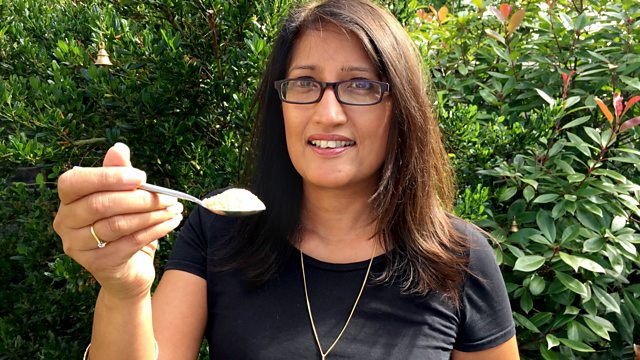Sugar in My Blood
London-born journalist Lainy Malkani delves into her family's roots to discover the bitter-sweet history of Indian indentured labourers on the sugar plantations of the Caribbean.
When you reach for the sugar bowl do you ever think where those sweet granules come from? In the first of two programmes, London-born journalist Lainy Malkani embarks on a quest to uncover her family's Indo-Guyanese roots on the sugar plantations of the Caribbean.
She learns how her ancestors were among the tens of thousands of poor indentured labourers shipped from India to work on the British-owned sugar estates - a practice that began after slavery was abolished in 1838 and continued well into the 20th century. They lived and laboured on plantations with quintessentially English names like Rose Hall and Albion.
When Jock Campbell, the Eton-educated son of the owners of Albion, first visited in 1932 he was shocked by the conditions he found. He asked the fearsome Scottish manager James Bee why the workers' lodgings were so much worse than those of the mules. He was told "Because mules cost money to replace."
Lainy hears firsthand accounts of life on the sugar plantations and the intense nostalgia workers felt for their Indian homeland. She also learns how some of the most famous West Indies cricketers, such as Alvin Kallicharran and Rohan Kanhai, began their careers on the cricket grounds of the Guyanese sugar estates.
And in a south London suburb, she joins numerous other Indo-Guyanese families as they commemorate the first generation of indentured labourers who went to the Caribbean.
She says, "It was sugar that brought my Indian ancestors to the Caribbean. It was the sugar plantations that defined their daily lives. And eventually it was what drove so many of my parents' generation to seek better lives abroad, such as here in Britain."
Producer Mukti Jain Campion
A Culture Wise production for Βι¶ΉΤΌΕΔ Radio 4.
Last on
More episodes
Previous
You are at the first episode


